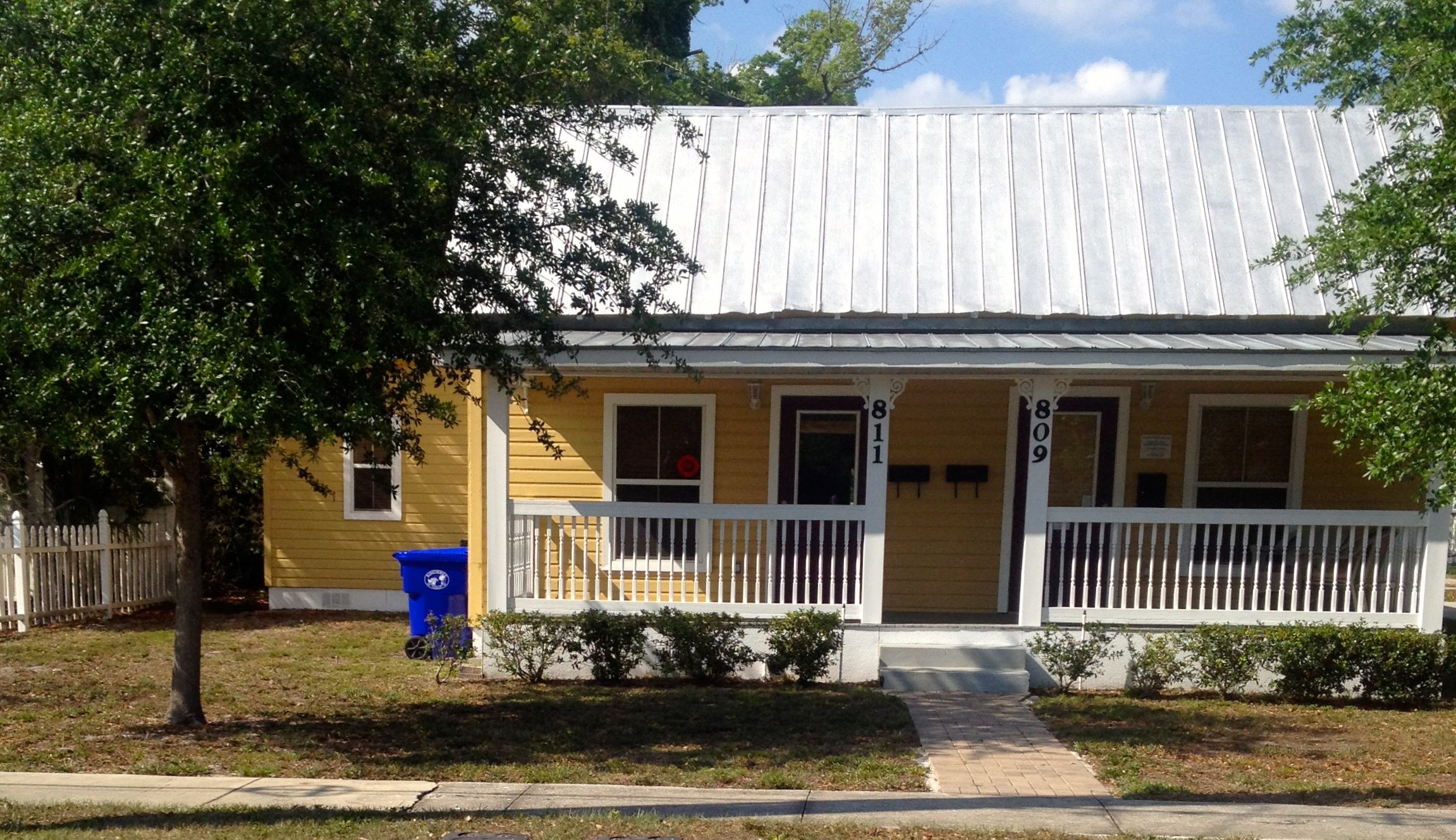Contested Divorce Basics
by Shawn Hungate.
When someone hears the word “divorce”, a contested divorce, with all its procedures, is what often comes to mind. This process begins with a Petition for Dissolution of Marriage filed with the clerk of courts. This Petition can be filed by either the Husband or the Wife (or either “party”). That party becomes the Petitioner. This Petition is then served on the other party, who is called the Respondent. The Respondent typically has 20 days to answer the Petition.
The Petition contains allegations about the marriage. It must allege that the marriage is irretrievably broken. It may contain other allegations including, but not necessarily, a request to divide assets and debts, a claim for time sharing with children, a claim for child support, and claims for alimony, among other things.
The Respondent then must file an Answer or risk being defaulted, allowing the Petitioner to go forth to the Judge for a final hearing. The Respondent may also file a Counter-Petition. The Counter-Petition would contain allegations just like a Petition would and must be answered by the other party.
Often times, financial disclosure is provided with, or soon after, service of the initial Petition for Dissolution of Marriage. If this is not done, financial disclosure (or “Mandatory Disclosure”) is required within 45 days of the service of the initial petition. The amount of disclosure can vary depending on the parties’ incomes and expenses. This financial disclosure is often required prior to temporary relief hearings. In Osceola County, Mediation is usually also required before temporary relief matters are heard. In all cases, at minimum, a Financial Affidavit is required.
Mediation is a major part of a contested divorce and is required in most cases (cases without a default entered) to give the parties an opportunity to settle their case prior to going to a final hearing. This can help the parties avoid a protracted process preparing for a trial. The purpose of mediation is not to save a broken marriage, but to give the husband and wife a chance to dictate there own terms of the divorce without the Judge deciding their case for them. The parties should realize that compromise is important in a mediation if you want to successfully settle their case. There can be one or several mediations in a single divorce proceeding. A mediation can settle some issues, all issues, or no issues. Mediations are attended by the Husband, the Wife, their attorneys, and a mediator. Third parties are typically not allowed to attend mediations.
If the case is not settled at mediation, the parties can still attempt to settle out of court, or have their attorneys try to work toward a settlement. If no settlement is reached, cases often proceed with depositions, interrogatories, and further discovery. Eventually, the parties would go to a final hearing (a Trial) and have the Judge decide the issues that were not settled on at mediation. At this Trial, each side will have an opportunity to present their side and make their requests to the Judge.
Anyone going through a divorce, especially a contested divorce, should realize that it is unrealistic to expect to be “happy” with their divorce. A divorce can be emotionally and financially devastating. The parties now living apart and, often times, alone can be difficult. In cases with children, the time spent away from them can be very trying. Finally, the simple fact that there are two households to support instead of one is enough to cause a serious financial strain on the parties.
It is always a good idea to consult an attorney before you proceed with a divorce and I would be happy to talk to you about your own unique circumstances.
Shawn L Hungate Attorney at Law, 811 Patrick Street, Kissimmee, FL 34741 407-846-1529




